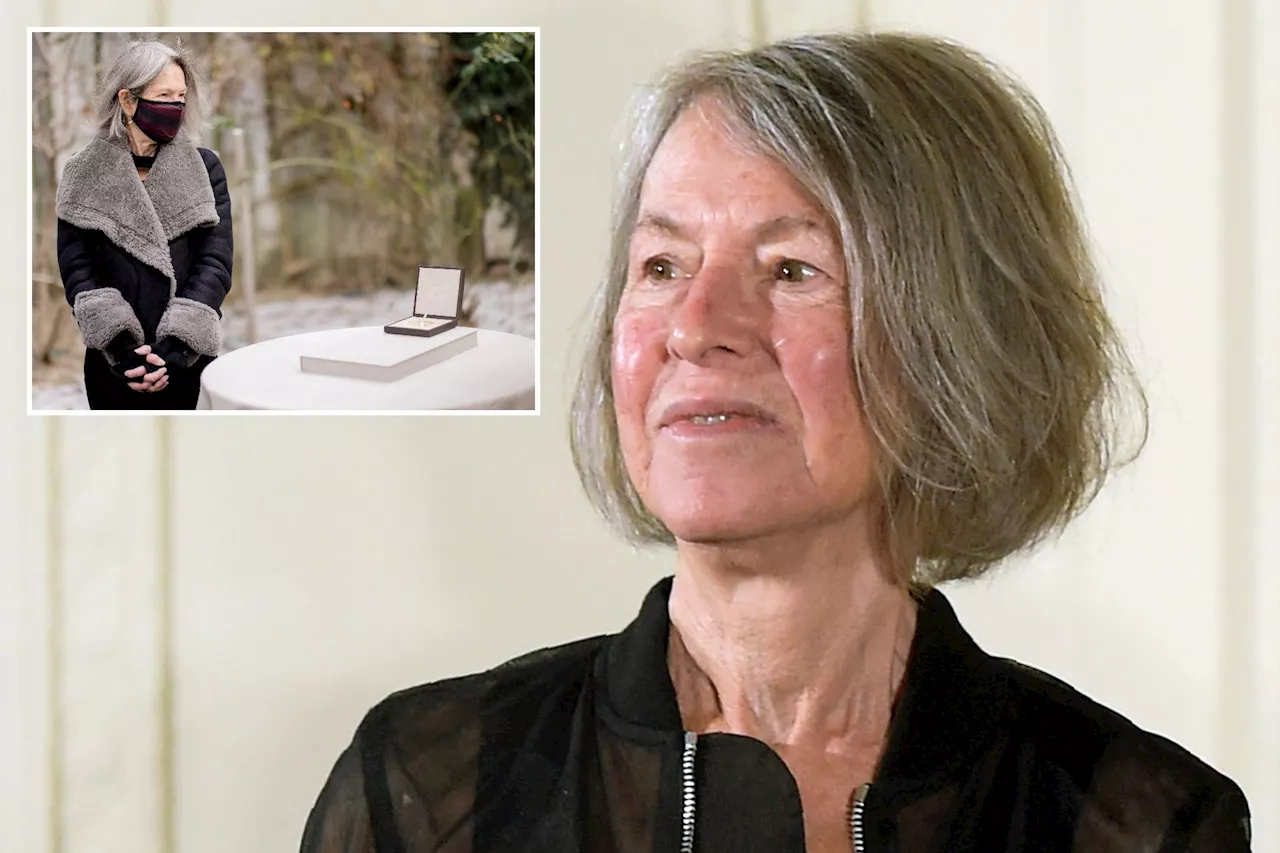In a career spanning more than 60 years, Glück forged a narrative of trauma, disillusion, stasis and longing, spelled by moments — but only moments — of ecstasy and contentment.
the first time an American poet had been honored since T.S. Eliot in 1948, Nobel judges praised “her unmistakable poetic voice that with austere beauty makes individual existence universal.”
“I think constantly of these lines from ‘The Wild Iris’: ‘At the end of my suffering / there was a door.’ And of these lines from ‘The House on Marshland’: ‘The darkness lifts, imagine, in your lifetime.’ It is as if her spare, patient syntax forms a path into and through the weight of living,” she wrote.
What is my heart to you/that you must break it over and over,” the gardener wonders. The god answers: “My poor inspired creation … You are/too little like me in the end/to please me.”Influenced by Shakespeare, Greek mythology and Eliot among others, she questioned and at times dismissed outright the bonds of love and sex, what she called the “premise of union” in her most famous poem, “Mock Orange.
Her mother, Glück would write, was the family’s “maid-of-all-work moral leader,” the one whose assessment of her stories and poems she looked to above all others. Glück was too frail to become a full-time college student and instead sat in on classes at Sarah Lawrence College and Columbia University, finding mentors in the poets-teachers Leonie Adams and Stanley Kunitz. By her mid-20s, she was publishing poems in The New Yorker, The Atlantic Monthly and other magazines.Glück’s debut book, “Firstborn,” was published in 1968, and preceded a long stretch of writer’s block that ended while she was teaching at Goddard College in the early 1970s.
Malaysia Latest News, Malaysia Headlines
Similar News:You can also read news stories similar to this one that we have collected from other news sources.
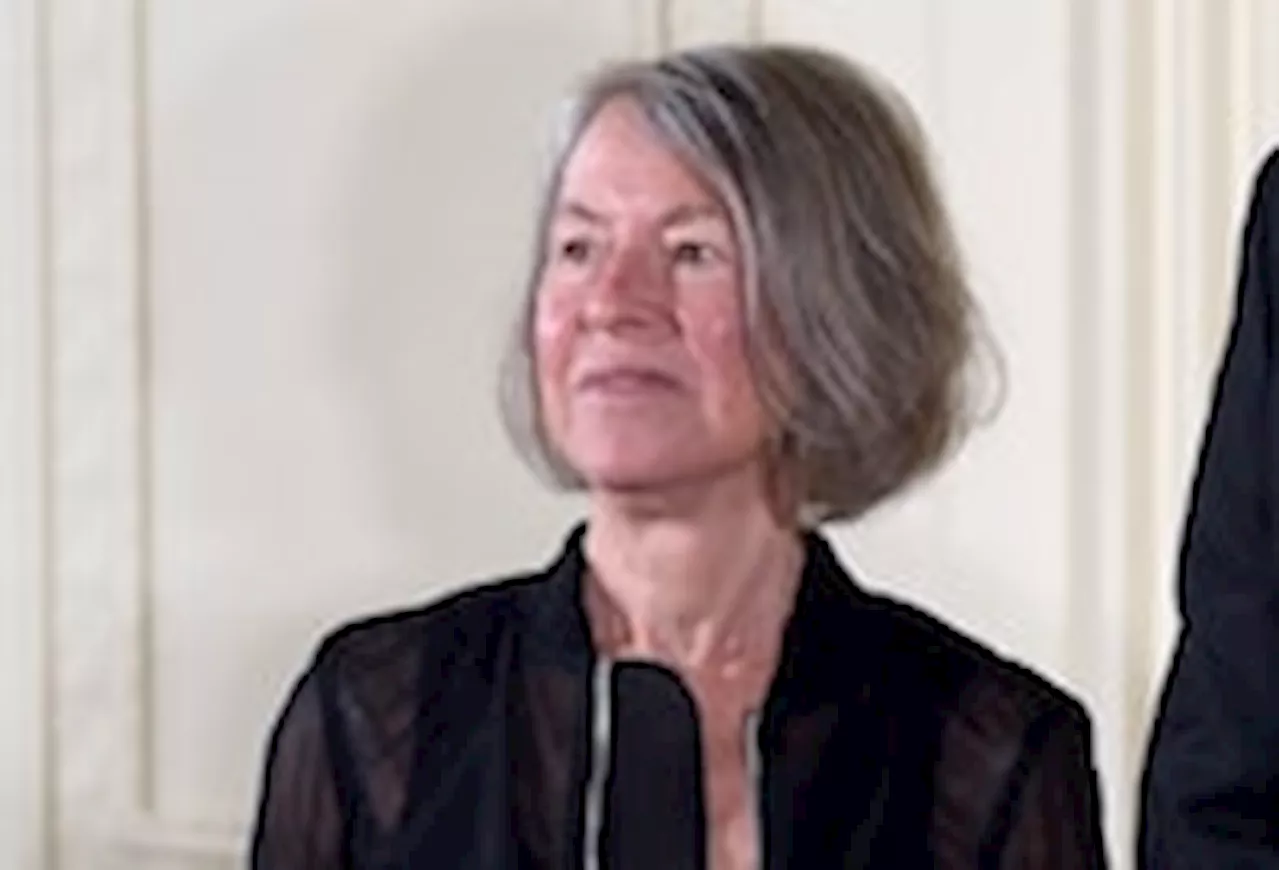 Louise Glück, Nobel Prize-winning American poet, dies at 80Drawing on classical mythology as well as her own life, she wrote lyrical but precise explorations of childhood, family, loneliness and death.
Louise Glück, Nobel Prize-winning American poet, dies at 80Drawing on classical mythology as well as her own life, she wrote lyrical but precise explorations of childhood, family, loneliness and death.
Read more »
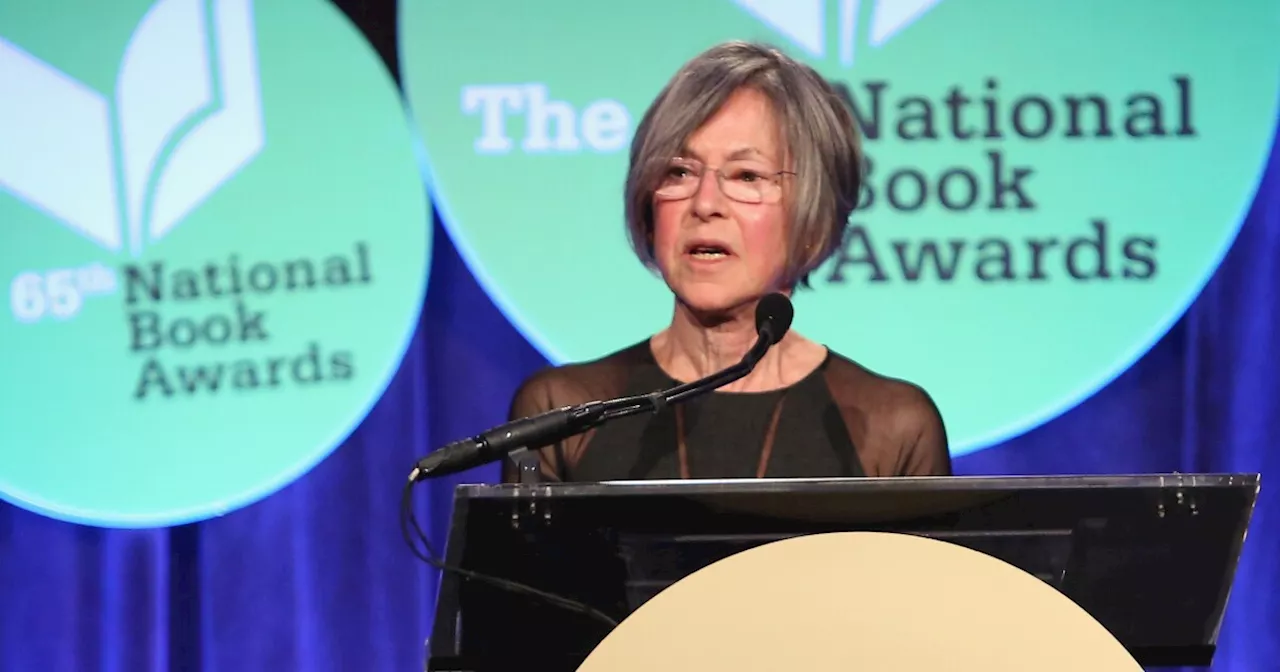 Nobel Prize-winning poet Louise Glück dies at 80The winner of the 2020 Nobel Prize in Literature and Poet Laureate of the United States from 2003-2004 was 80 years old.
Nobel Prize-winning poet Louise Glück dies at 80The winner of the 2020 Nobel Prize in Literature and Poet Laureate of the United States from 2003-2004 was 80 years old.
Read more »
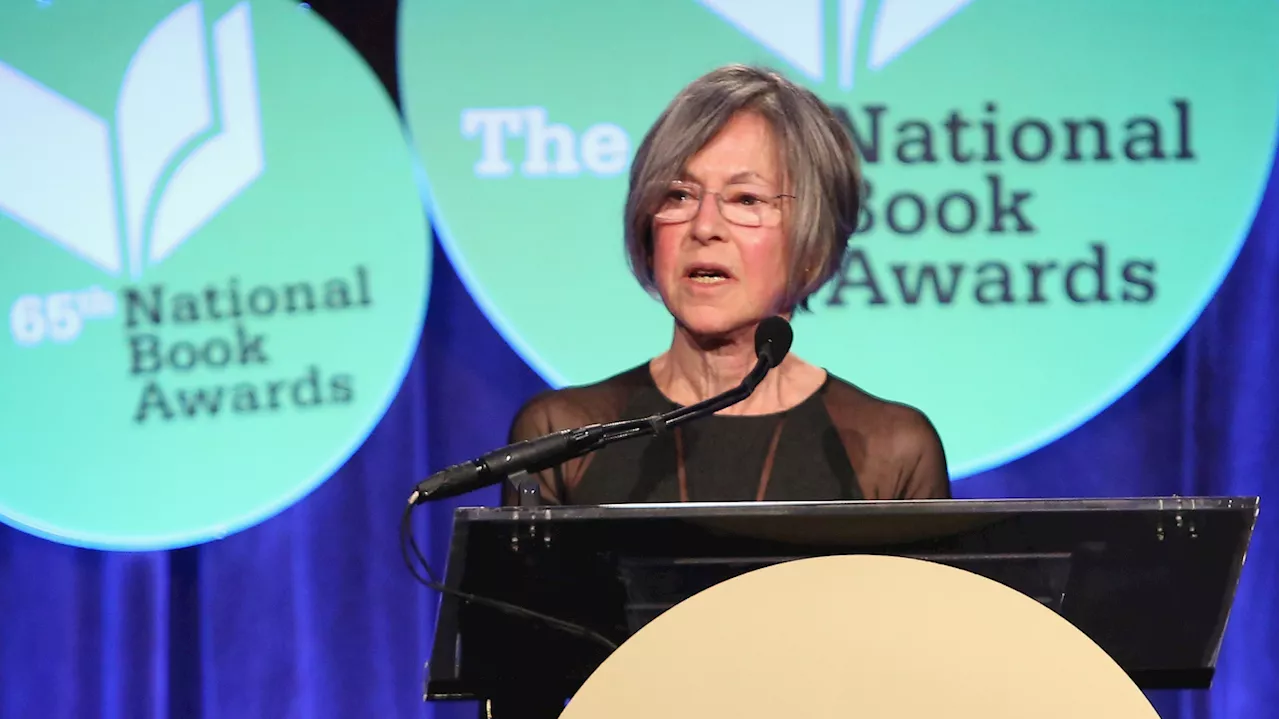 Nobel Prize-winning poet Louise Glück dies at 80The winner of the 2020 Nobel Prize in Literature and Poet Laureate of the United States from 2003-2004 was 80 years old.
Nobel Prize-winning poet Louise Glück dies at 80The winner of the 2020 Nobel Prize in Literature and Poet Laureate of the United States from 2003-2004 was 80 years old.
Read more »
 Louise Gluck, US poet and 2020 Nobel laureate, dies at 80American poet Louise Gluck, winner of the Nobel and Pulitzer prizes for her distinctively austere writing, has died, a Yale University spokeswoman told AFP on Friday.
Louise Gluck, US poet and 2020 Nobel laureate, dies at 80American poet Louise Gluck, winner of the Nobel and Pulitzer prizes for her distinctively austere writing, has died, a Yale University spokeswoman told AFP on Friday.
Read more »
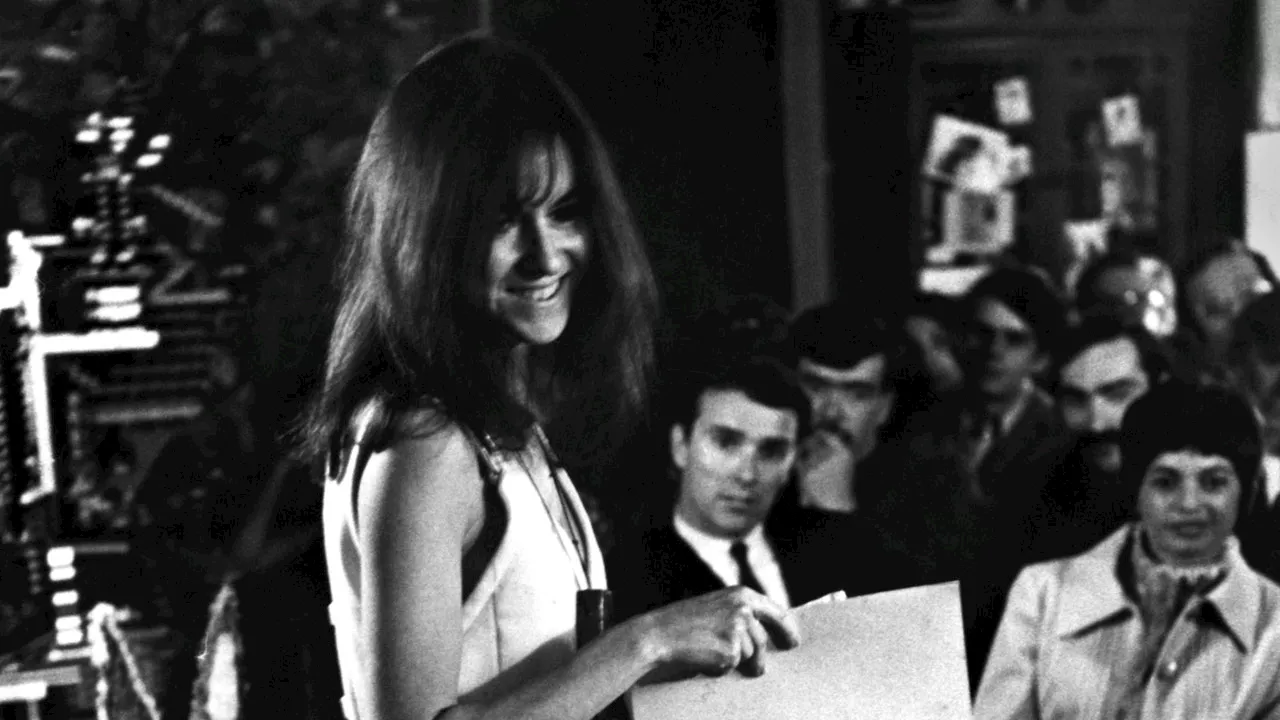 The Nobel Laureate Louise Glück in The New YorkerHannah Aizenman tracks Louise Glück’s poetic trajectory through her work in The New Yorker.
The Nobel Laureate Louise Glück in The New YorkerHannah Aizenman tracks Louise Glück’s poetic trajectory through her work in The New Yorker.
Read more »
